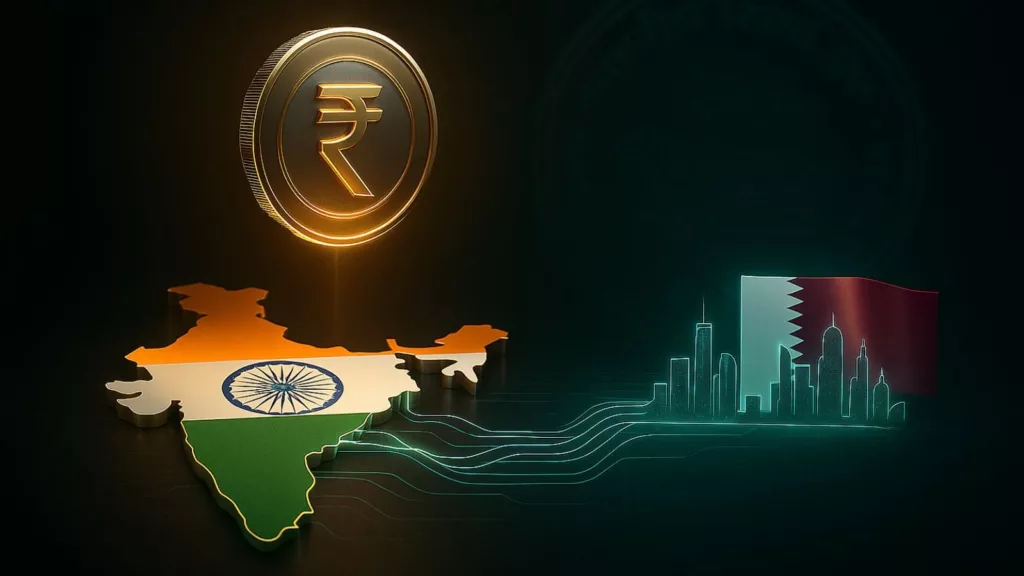- The RBI is planning to launch a digital currency aiming to simplify cross-border transactions
- India’s Commerce Minister Piyush Goyal has met with the CEO of the Qatar Development Bank (QDB)
- India is likely to initiate a pilot on deposit tokenization in the coming days
India’s Commerce Minister Piyush Goyal is on an official visit to Doha, Qatar this week. During this visit, Goyal said that the Reserve Bank of India (RBI) is planning to launch a digital currency aiming to simplify cross-border transactions.
On Tuesday, October 7 Goyal met with Abdulrahman Hesham Al-Sowaidi, CEO of Qatar Development Bank (QDB). He shared the development on X along with pictures from the meeting.
“Delighted to see the interest of Qatari businesses and investors in the opportunities offered by the rapidly growing Indian economy. Invited QDB to enhance collaboration in our growth story and explore partnerships across startups, MSMEs, and various innovation-led sectors,” Goyal posted.
Newsletter
Get weekly updates on the newest crypto stories, case studies and tips right in your mailbox.
As reported by ANI, Goyal said that exploring transactions with a digital currency will also reduce India’s reliance on paper notes while accelerating the time that traditional transactions take to process.
He, however, has noted that India’s stance on cryptocurrencies remains skeptic. While crypto is not outrightly banned in India, the sector is under a tax system in the nation. Goyal reportedly acknowledged that the 30 percent tax on crypto incomes is heavy.
“As far as cryptocurrency is concerned, we don’t encourage it because we don’t want anybody to be stuck at some point with a cryptocurrency that has no backing and nobody at the backend,” the ANI report quoted Goyal as saying at the Doha meeting.
In a separate development, a Reuters report has claimed this week that India is likely to initiate a pilot on deposit tokenization in the coming days. The wholesale version of RBI’s eRupee CBDC will be used as the underlaying asset for this pilot that will let deposits be tokenized on a blockchain to bring more liquidity and efficiency in related transactions.
“Risks in asset tokenisation are manageable and can be addressed through regulatory guardrails. From a regulatory standpoint for tokenisation of an underlying asset, we believe integrity and enforcability have to be established,” Reuters quoted RBI chief general manager Suvendu Pati as saying on October 6.













